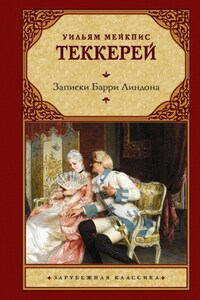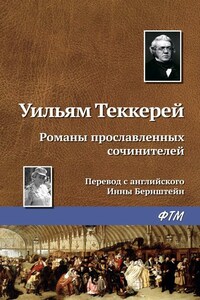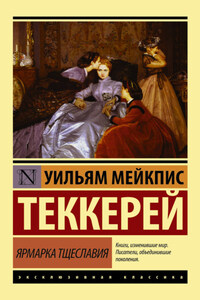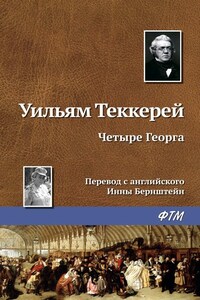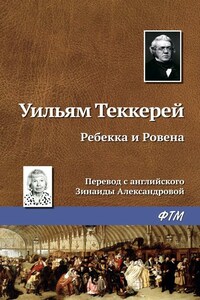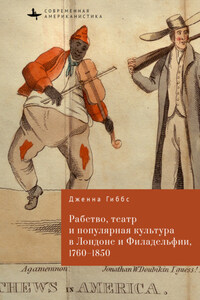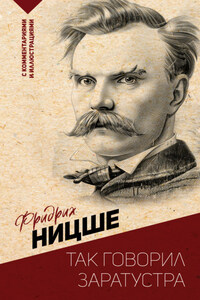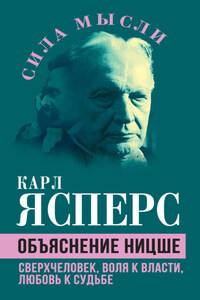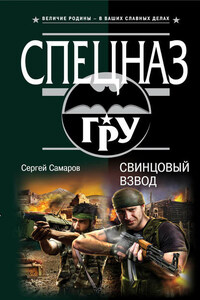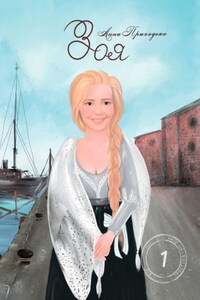Vanity Fair is a very vain, wicked, foolish place, full of all sorts of falseness and pretence. It is a place where you gamble and get into debt, and wait for your rich aunt to die. A place where you swear undying love to your sweetheart, and write a love letter to someone else the next day. It is a place where cunning and lies bring rewards. It is a place where men go to war, and women fall in love, a place of laughter, tears, danger, and excitement … It is 1815 in London and Brighton, Brussels and Paris.
Becky Sharp and Amelia Sedley are starting out on the great adventure of Vanity Fair. Each will find a husband, but how long will it last? Who will wear diamonds, who will go hungry? Will they be faithful, foolish, neglected, devoted? Who will sew banknotes into her dress and follow a victorious army to Paris? Who will go home to her mother and weep in misery? And their friends and relations … Will Joseph Sedley be a fool all his life? Will Rawdon Crawley learn the truth? Will William Dobbin get his heart’s desire?
‘Oh, the vanity and folly of human wishes! Which of us is happy in this world? Which of us has our heart’s desire? Or, having it, is satisfied?’
Great Clarendon Street, Oxford OX2 6DP
Oxford University Press is a department of the University of Oxford. It furthers the University’s objective of excellence in research, scholarship, and education by publishing worldwide in
Oxford New York
Auckland Cape Town Dar es Salaam Hong Kong Karachi Kuala Lumpur Madrid Melbourne Mexico City Nairobi New Delhi Shanghai Taipei Toronto
With offices in
Argentina Austria Brazil Chile Czech Republic France Greece Guatemala Hungary Italy Japan Poland Portugal Singapore South Korea Switzerland Thailand Turkey Ukraine Vietnam
OXFORD and OXFORD ENGLISH are registered trade marks of Oxford University Press in the UK and in certain other countries
This simplified edition © Oxford University Press 2008
Database right Oxford University Press (maker)
First published in Oxford Bookworms 2004
2 4 6 8 10 9 7 5 3 1
No unauthorized photocopying
All rights reserved. No part of this publication may be reproduced, stored in a retrieval system, or transmitted, in any form or by any means, without the prior permission in writing of Oxford University Press, or as expressly permitted by law, or under terms agreed with the appropriate reprographics rights organization. Enquiries concerning reproduction outside the scope of the above should be sent to the ELT Rights Department, Oxford University Press, at the address above
You must not circulate this book in any other binding or cover and you must impose this same condition on any acquirer
Any websites referred to in this publication are in the public domain and their addresses are provided by Oxford University Press for information only. Oxford University Press disclaims any responsibility for the content
ISBN 978 0 19 479269 1
ACKNOWLEDGEMENTS
The publishers would like to thank Mary Evans Picture Library for their permission to use the illustration on the title page. The illustrations on pages 9, 14, 23, 33, 41, 52, 60, 67, 76, 84, 94, 103, 118 are by kind permission of the Bodleian Library, Oxford. All illustrations are by William Makepeace Thackeray and are from the engravings in the 1847 edition of Vanity Fair
Word count (main text): 32,940 words
e-Book ISBN 978 0 19 478631 7
e-Book first published 2012
Miss Rebecca (Becky) Sharp
Miss Amelia (Emmy) Sedley
Mr Joseph (Jos) Sedley, Amelia’s brother
Mr John Sedley, father of Amelia and Joseph
Mrs Sedley, his wife
Mr George Osborne, a lieutenant in the army; later, a captain
Georgy, George’s son
Mr John Osborne, father of George Osborne, and grandfather of Georgy
Miss Jane Osborne, the elder of George’s sisters, and Georgy’s aunt
Miss Maria Osborne, the younger of George’s sisters, and Georgy’s aunt
Mr William Dobbin, a captain in the army; later, a major
Miss Dobbin, William’s sister
Sir Pitt Crawley, a baronet
Mr Pitt (later, Sir Pitt) Crawley, Sir Pitt’s older son (by his first wife)
Lady Jane Crawley, Pitt Crawley’s wife
Mr Rawdon Crawley, Sir Pitt’s younger son (by his first wife), a captain in the army; later, a colonel
Young Rawdon (Rawdy), Rawdon’s son
Lady Crawley, Sir Pitt’s second wife, mother of Rose and Violet
Miss Matilda Crawley, Sir Pitt’s unmarried sister, and Rawdon’s aunt
Miss Briggs, paid companion to Miss Crawley
Mr Bute Crawley, Sir Pitt’s brother
Mrs Bute Crawley, Mr Bute’s wife
Lord Steyne, a nobleman
1
The young ladies leave school
One sunny morning in June, early in the 1800s, Miss Amelia Sedley and Miss Rebecca Sharp left school. The carriage which took them away from Miss Pinkerton’s school for young ladies was filled with gifts and flowers for Amelia, for everyone loved her; but nobody cried when Rebecca left.
We are going to see a great deal of Amelia, so there is no harm in saying straight away that she was a dear little creature. She is not a heroine because her nose was rather short and her face was too round, though it shone with rosy health. She had a lovely smile and her eyes were bright with good humour, except when they were filled with tears, which happened a great deal too often because she had the kindest heart in the world. And when she left school she did not know whether to cry or not. She was glad to go home, but she was very sad to leave her friends at school.

